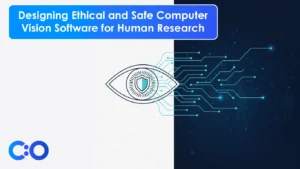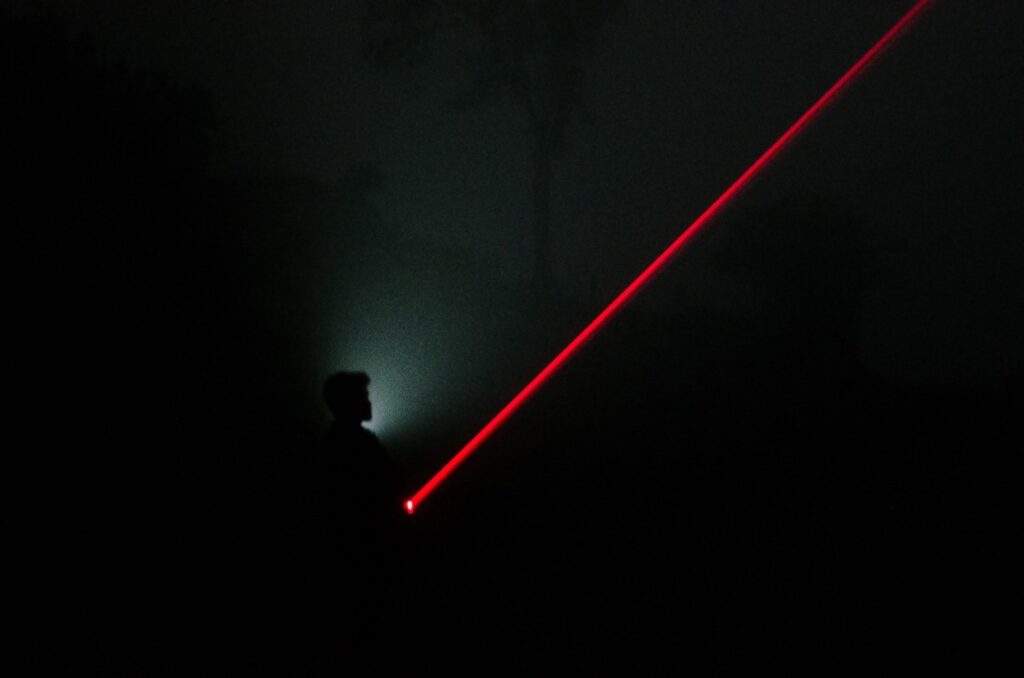

The research team working on this laser technology innovation is from the BioPRA research institute. This institute is from Australia’s Monash University and they are collaborating with the company Haemokinesis on this project.
For a thorough understanding of their findings, you can read the article in Nature’s Scientific Reports journal.
Before we use any dose of blood in a transfusion, we need to test it. This step is crucial as it reviles if there are potentially dangerous elements in the blood that can harm the patient. How does laser technology come into this process?
The answer lays in the process of blood testing as it is necessary to heat up the sample to 37°C beforehand. Because of this experiment, the industry standard of 5 minutes for the process might change. Besides the heating process it is necessary to use different tools and procedures to do everything properly. All of those factors make the testing time last up to 15 minutes.
Because of the length of the process and the necessary testing protocol blood testing is an expensive laboratory procedure. The scientists working on this project believe that this can change and with it the overall price. Not only that, but their evidence shows that laser technology may also improve our ability to detect pathogens in the blood.
Every day thousands of blood tests are done around the world. Not only that but in many cases, a blood transfusion is necessary for trauma situations. Speed is essential in such settings as the health of the individual can oscillate fast.
When we consider all the above-mentioned facts, we come to understand why the process of heating up blood at a fast pace is important. That is, we have to heat it up without damaging the cells in the sample.
Researchers from BioPRA want to resolve the issues through the use of laser technology. They use lasers for the target illumination of a blood sample in a diagnostic gel card. The illumination turns into heat via photothermal absorption. Also, the cells in the sample receive damage only after 15 minutes of exposure to the laser rays.
With this innovative experiment, the researchers believe they will change the speed and precision of blood testing. Companies like Haemokinesis can profit from this change as the laboratory process will be shorter and more efficient.
If you have an interest in similar technological advancements check out the news on the self-celebrating light microscope. Or the new thermo-responsive gel that will revolutionize skin condition treatment.
https://www.eurekalert.org/pub_releases/2019-09/mu-slf091719.php
https://www.sciencedaily.com/releases/2019/09/190920081856.htm
